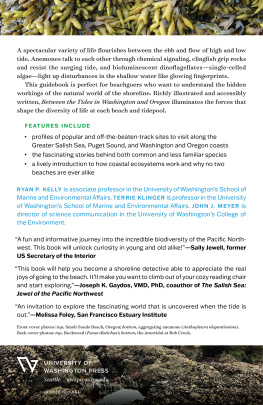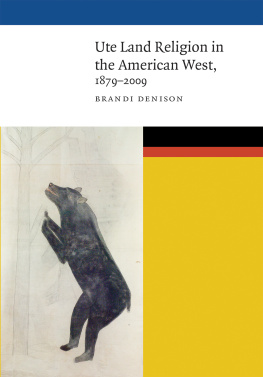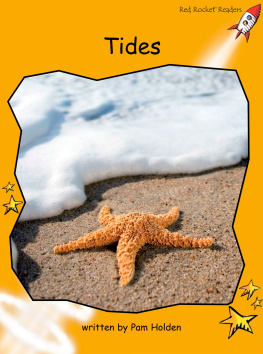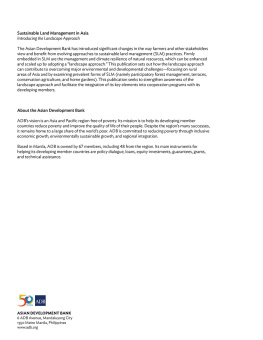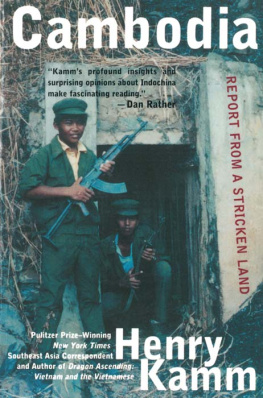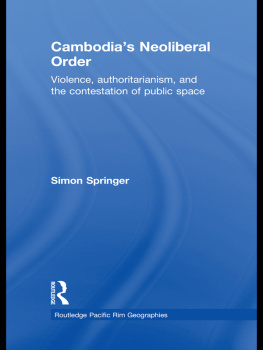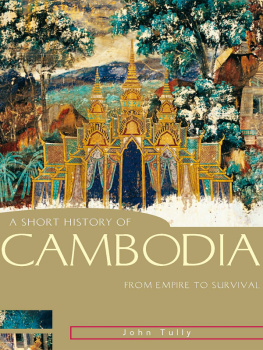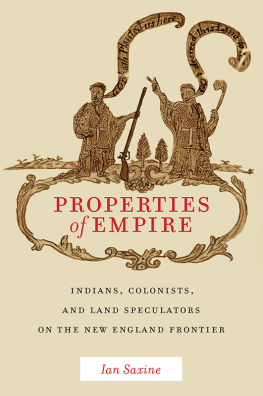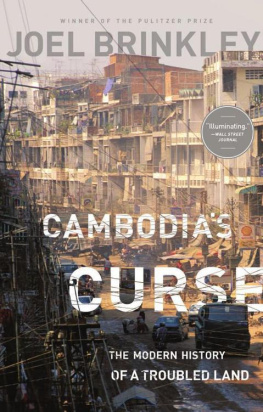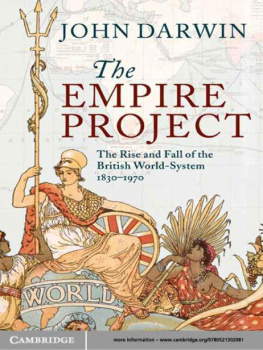Tides of Empire
Asian Anthropologies
General Editors:
Hans Steinmller, London School of Economics
Dolores Martinez, SOAS, University of London
Founding Editors:
Jerry Eades, Emeritus Professor, Ritsumeikan Asia Pacific University
Shinji Yamashita, The University of Tokyo
Volume 10
Tides of Empire: Religion, Development, and Environment in Cambodia
Courtney Work
Volume
Fate Calculation Experts: Diviners Seeking Legitimation in Contemporary China
Geng Li
Volume 8
Soup, Love, and a Helping Hand: Social Relations and Support in Guangzhou, China
Friederike Fleischer
Volume 7
Ogata-Mura: Sowing Dissent and Reclaiming Identity in a Japanese Farming Village
Donald C. Wood
Volume 6
Multiculturalism in the New Japan: Crossing the Boundaries Within
Edited by Nelson Graburn, John Ertl, and R. Kenji Tierney
Volume 5
Engaging the Spirit World: Popular Beliefs and Practices in Modern Southeast Asia
Edited by Kirsten W. Endres and Andrea Lauser
Volume 4
Centering the Margin: Agency and Narrative in Southeast Asian Borderlands
Edited by Alexander Horstmann and Reed L. Wadley
Volume 3
The Making of Anthropology in East and Southeast Asia
Edited by Shinji Yamashita, J. S. Eades, and Joseph Bosco
Volume 2
Bali and Beyond: Case Studies in the Anthropology of Tourism
Shinji Yamashita
Volume 1
Globalization in Southeast Asia: Local, National, and Transnational Perspectives
Edited by Shinji Yamashita and J. S. Eades
TIDES OF EMPIRE
Religion, Development, and Environment in Cambodia
Courtney Work
First published in 2020 by
Berghahn Books
www.berghahnbooks.com
2020 Courtney Work
All rights reserved. Except for the quotation of short passages for the purposes of criticism and review, no part of this book may be reproduced in any form or by any means, electronic or mechanical, including photocopying, recording, or any information storage and retrieval system now known or to be invented, without written permission of the publisher.
Library of Congress Cataloging-in-Publication Data
Title: Tides of empire : religion, development, and environment in Cambodia / Courtney Work.
Description: New York : Berghahn Books, 2020. | Series: Asian anthropologies; volume 10 | Includes bibliographical references and index.
Identifiers: LCCN 2020016085 (print) | LCCN 2020016086 (ebook) | ISBN 9781789207729 (hardback) | ISBN 9781789207736 (ebook)
Subjects: LCSH: Cambodia--Social conditions--21st century. | Economic development--Social aspects--Cambodia. | Anthropology of religion--Cambodia. | Cambodia--Environmental conditions.
Classification: LCC HN700.3.A8 W67 2020 (print) | LCC HN700.3.A8 (ebook) | DDC 306.09596--dc23
LC record available at https://lccn.loc.gov/2020016085
LC ebook record available at https://lccn.loc.gov/2020016086
British Library Cataloguing in Publication Data
A catalogue record for this book is available from the British Library
ISBN 978-1-78920-772-9 hardback
ISBN 978-1-78920-773-6 ebook
This book is dedicated to the memory of my father
who taught me to question the dominant narrative,
and to my mother
who continues to teach me how to function within it.
ACKNOWLEDGMENTS

I owe thanks beyond the capacity of this segment for all it took to bring the following pages to fruition. The largest thanks go to the villagers of Sambok Dung, whose patient indulgence and open, friendly hearts helped to forge the content and perspectives presented in the following pages. Additionally, I thank the many people who read and commented on various drafts of this manuscript: Magnus Fiskesj, Andrew Willford, Andrew Mertha, and Anne Hansen, whose insights and critiques were indispensable. I also thank my reading group colleagues, especially Gke Gnel, David Rojas, Melissa Rosario, Saiba Varna, and Chika Watanabe. My work has also been influenced by other scholars in classrooms and workshops and I would like to mention (alphabetically) those who had the biggest impact: Anne Blackburn, Dominick LaCapra, Paul Nadasdy, and Anna Tsing. For the line drawings, I thank my friend Isaiah Parker whose skill transformed a collection of photographs into a visual representation of space beyond the frame of a camera lens.
I received generous funding from the National Science Foundation, the Center for Khmer Studies, the US Department of State, Foreign Language Area Studies program (FLAS), Cornells Southeast Asian Program, and the Department of Anthropology at Cornell University. I also received unending emotional support from my parents Mary Tambornino and Ron Usem, and can never thank them enough for not giving up on me. Finally, I have my beautiful children to thank: Madeleine and Oliver Work. They came into adulthood as this story came into being and without their flexibility and resilience it could have never happened. Their lives were changed as much as my own through this encounter and I cannot wait to see the impact they will have on the world.
NOTE ON TRANSLITERATION
The writing system for the Khmer language is organized in the classical Indian system and adapted for the unique vowel sounds of the spoken language, which have changed over time. Because of this adaptation to the classical Indian script, standardized transcription systems render many Khmer words phonetically unrecognizable. Scholars writing in Roman script are faced with the quandary of choosing between systematic transcription and representing the oral qualities of the words. My approach is to present the word phonetically without diacritics. When the word is uncommon or the phonetic rendering produces a homonym, I include after the first use a transcription in parentheses. This provides an alternately written (aw) transliteration using the American Library Association and Library of Congress system created by Larry Ashmun. The key for this system is available at https://www.loc.gov/catdir/cpso/romanization/khmer.pdf.
INTRODUCTION
Under the tides of empire, we dance to the rhythms of life and death. With and without markets, priests, and prime ministers, there is arising, and there is passing. Families and food, rain, wind, and shelter: the insistent motions of interdependence and landscape. Old forms and new morph and negotiate the environment, articulating various conceptions of community and accommodating multiple ecologies of mind and energy. Descriptive categories, like Religion, Politics, or Economics that obscure the interconnectedness of all social and material processes have a foothold only inasmuch as they are connected to subsistence and success in a given environment. The environment I describe is a contact zone at the furthest reaches of the incoming tide of empire.


